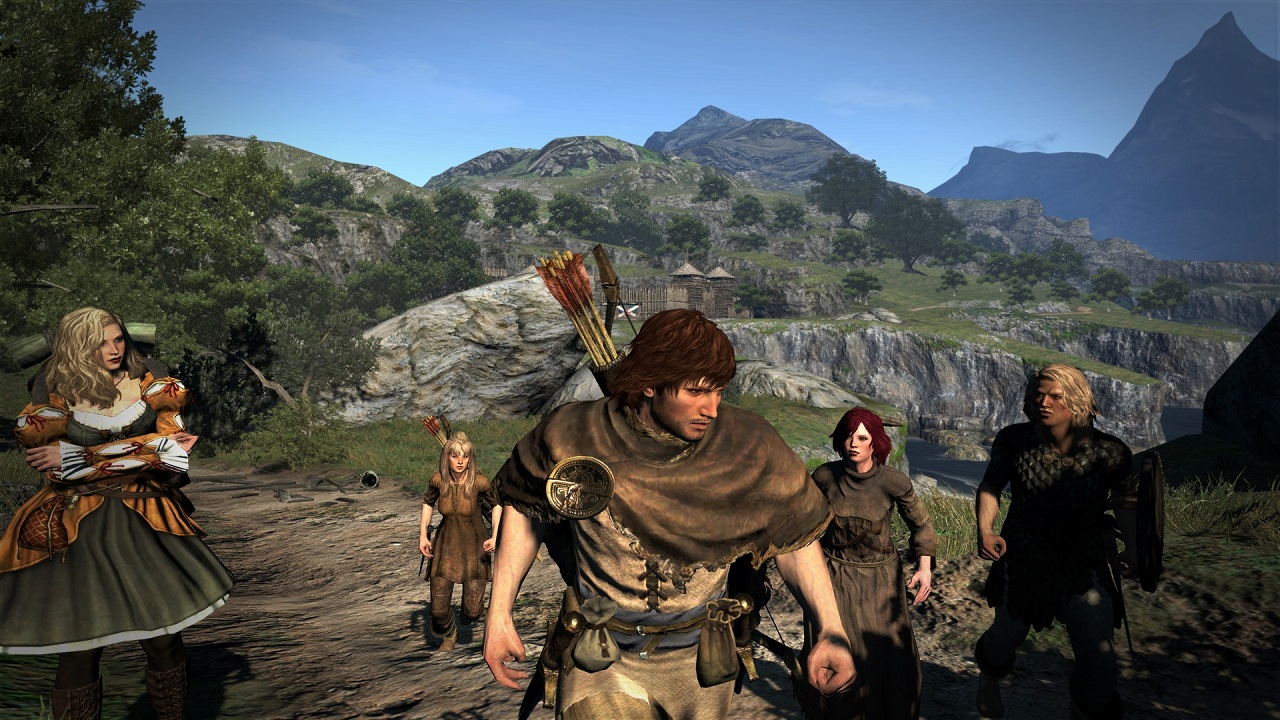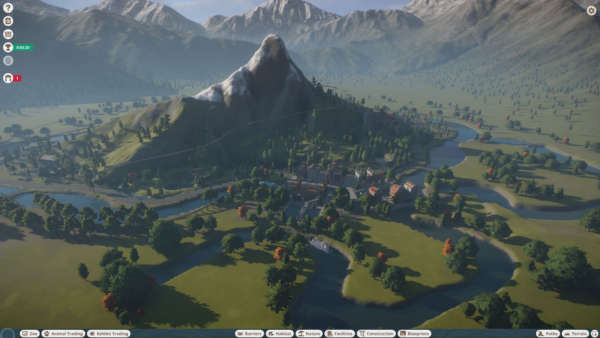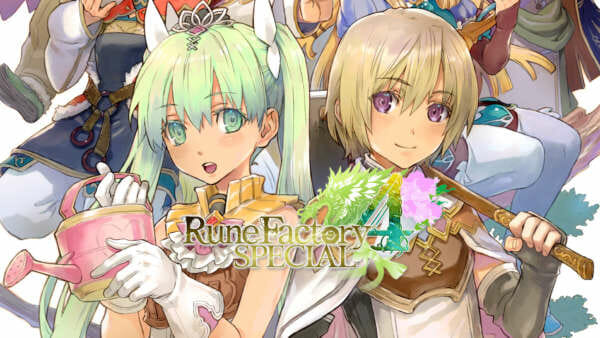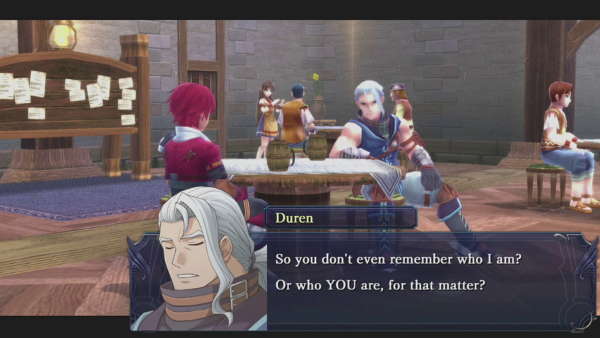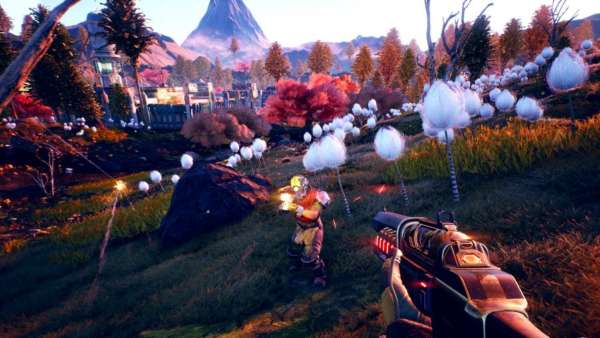In Dragon’s Dogma you take on the role of the Arisen, one who has had their heart stolen by a Dragon and must go on an epic quest throughout the land in order to track it down, slay it and retrieve the heart. It’s not a story that will win any narrative awards or even a story that a player will actively remember whilst playing the game, but the stories’ simplicity plays a good role in doing what an RPG tends to do; providing a limited start before opening up the world for the player to explore.
Dragon’s Dogma works on via a traditional class system which you’ll be familiar with if you’re fairly familiar with RPGs. When you design your character, alongside altering their physical appearance, you also choose your starter class from the usual triangle of magic, melee and ranged skills. In the beginning of the story you can choose between three: Fighter, Mage and Strider. The fighter is the basic class for the heavily armoured, melee focused warrior character that grants the Arisen defence bonuses and also far more health than any other classes. The mage is pretty much what you would expect, a magic user. Instead of jumping into the heat of battle, the mage will stand on the outskirts and support the team with either elemental attacks or healing spells. The Strider is Dragon’s Dogma’s equivalent of the rogue class, using light armour, daggers and bows to deal damage. It’s a good mid-ground between the tank-like approach of a fighter and the passive approach of the mage.
Later in the game the class system expands, allowing you to change your class to either an advanced class or even a hybrid of two classes. Advanced classes remain similar to the basic classes, but focus further on heavy attacks. For example: changing the class from a Fighter to a Warrior allows the character to deal more damage with the use of two handed weapons rather than simply using a sword and shield.
Hybrid classes are what makes the game feel more unique, by combining two classes to make a completely new class. For example, if a player creates a character that is originally a Strider, they can upgrade that Strider to become a Magick Archer who will then have the ability to use staves and also fire magical arrows rather than just standard projectiles. These advanced and Hybrid classes add a new level of depth to the character customisation in Dragon’s Dogma, it also allows you to experiment with the team you take with you on your journey, simply by changing and swapping the classes.
